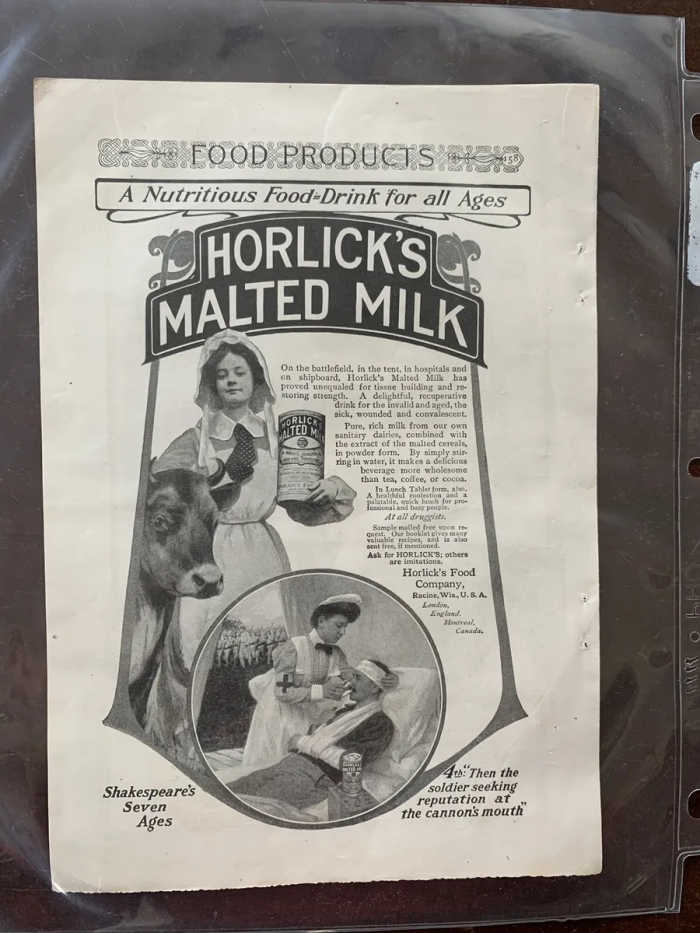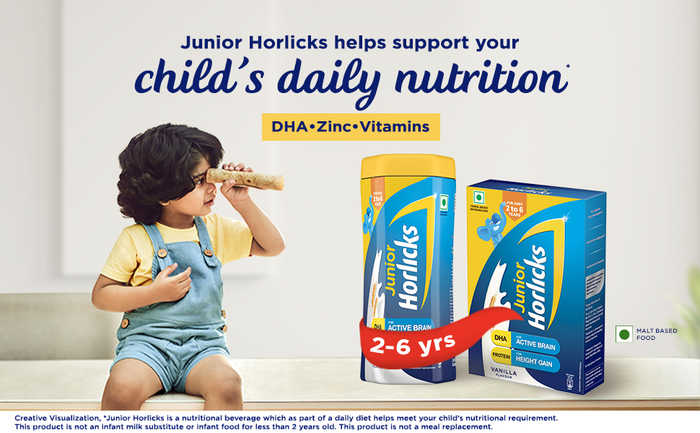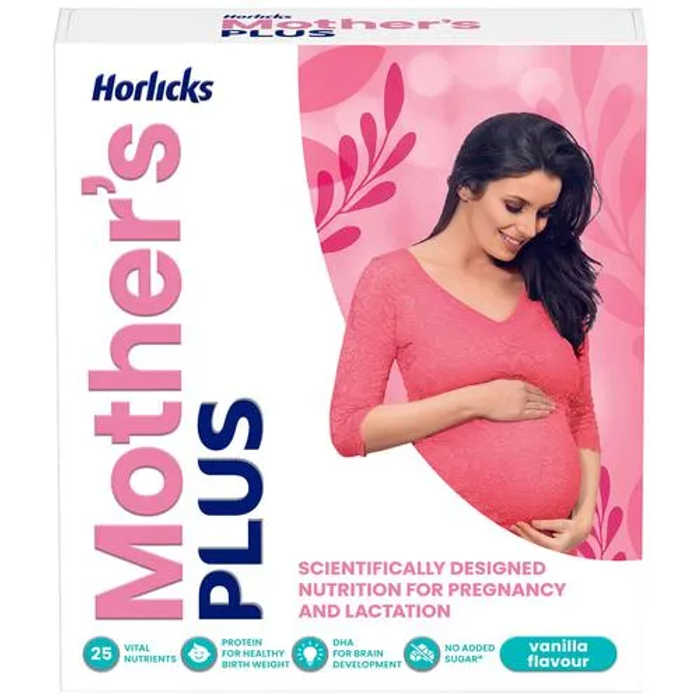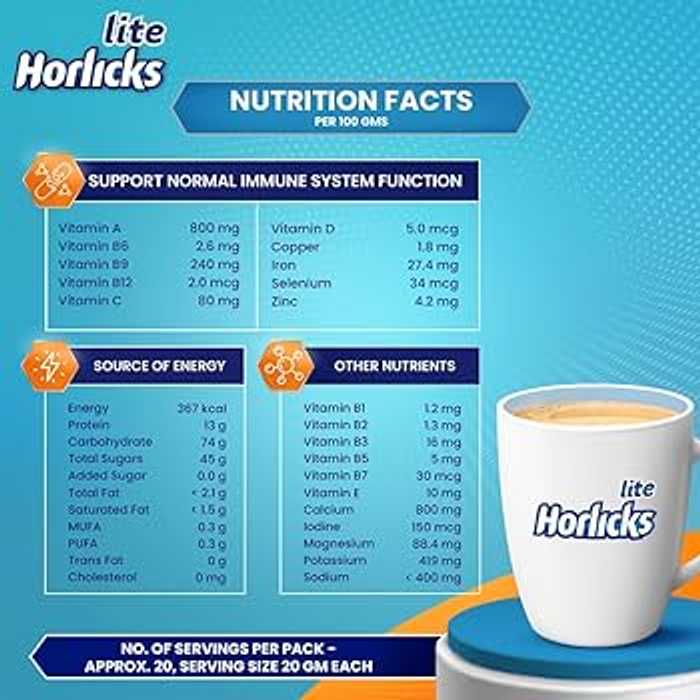Published 15:40 IST, April 26th 2024
The Horlicks Saga: 106-year-old journey from ‘health drink’ to ‘functional nutrition’ in India
Initially intended as a dietary supplement for infants and invalids, the malted milk drink found its way to India with British soldiers during World War I.
Advertisement
The Horlicks Saga: For decades, a comforting mug of Horlicks has been a familiar sight in Indian households. Traditionally advertised as a bedtime drink essential for a child's growth, Horlicks holds a special place in many childhood memories. However, a closer look at the brand's history and recent controversies reveals a more nuanced story about its evolution and the changing perception of "health drinks" in India.
From American origins to Indian staple (1873-1950s)

Born in the US in 1873, Horlicks was the brainchild of two British brothers, William and James Horlick. Initially intended as a dietary supplement for infants and invalids, the malted milk drink found its way to India with British soldiers during World War I. In the early to mid-20th century, Horlicks became a preferred beverage among affluent Indian families. Its association with British soldiers and its perceived "richness" added to its allure.
Advertisement
Marketing transformation and nutritional focus (1960s-2000s)

By the 1960s, Horlicks began targeting a wider audience, particularly mothers. Marketing campaigns stressed the drink's nutritional value and its role in promoting children's growth and development. The brand diversified its offerings with variants for different age groups and even ventured into nutritional supplements for adults.

During this period, Horlicks' focus on "health" became a cornerstone of its marketing strategy. Claims like "clinically proven to help kids grow taller, stronger and sharper" became commonplace. However, the high sugar content in these drinks remained largely unaddressed.
Advertisement
Scrutiny and rebranding (2010s-Present)

The past decade has seen growing awareness about the negative effects of excessive sugar consumption. This has led to increased scrutiny of products marketed as "health drinks." Critics pointed out the high sugar content in Horlicks and questioned its actual nutritional value. Concerns arose about its potential contribution to childhood obesity and other health problems.
Regulatory bodies like the Food Safety and Standards Authority of India (FSSAI) stepped in. E-commerce platforms were directed to stop categorising Horlicks and similar products as "health drinks" due to the lack of a clear legal definition. This move aimed to prevent misleading advertising and promote consumer awareness.
Advertisement
Responding to these developments, Hindustan Unilever, the current owner of Horlicks in India, rebranded the product as a "functional nutritional drink". This shift reflects a move away from exaggerated health claims and acknowledges the need for a more transparent product description.
The story of Horlicks in India serves as a valuable case study. It highlights the importance of transparency in marketing and the need for clear regulations regarding claims about food and beverages. Furthermore, it raises questions about the responsibility of celebrities who endorse such products.
Advertisement
15:40 IST, April 26th 2024